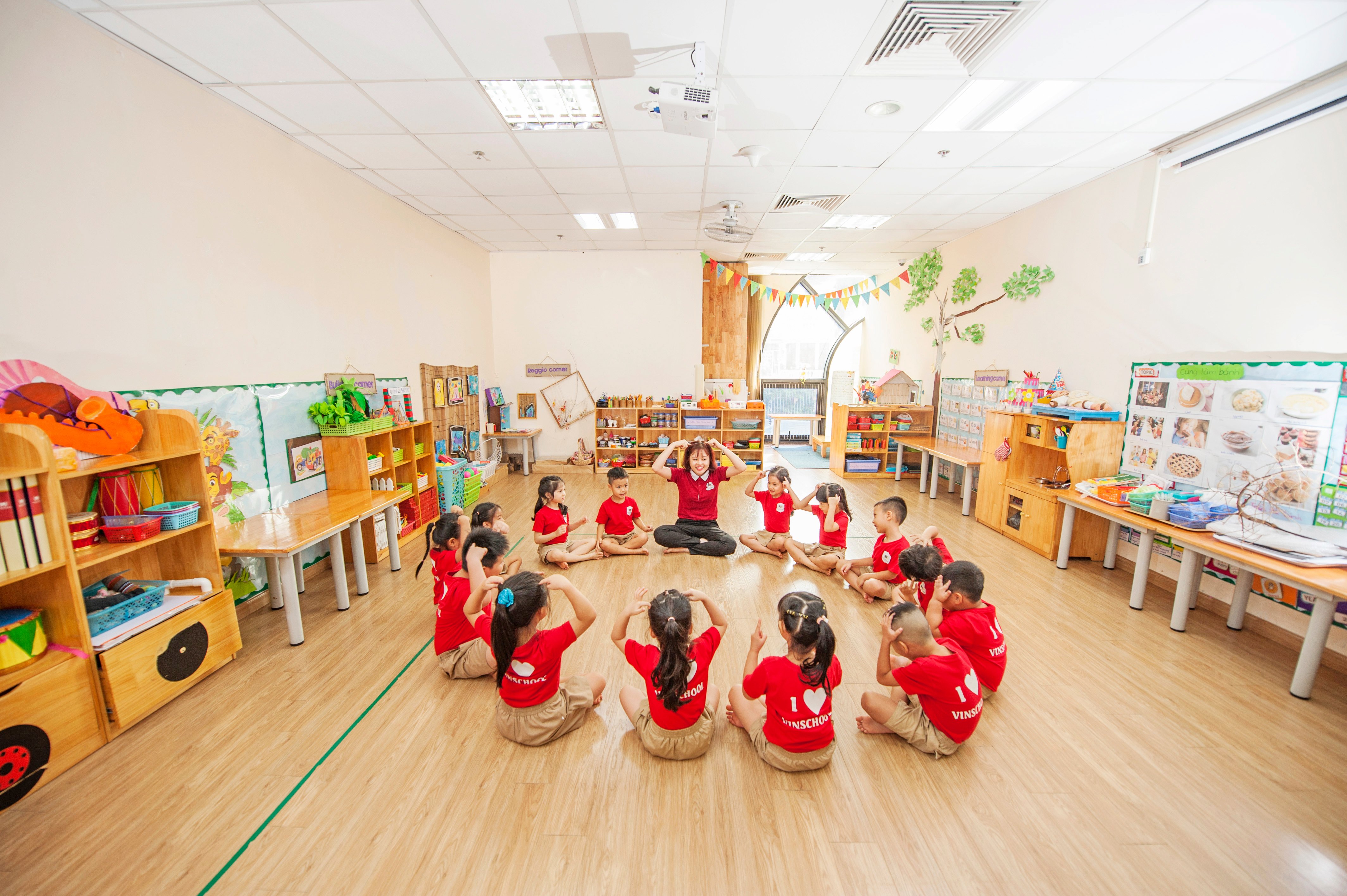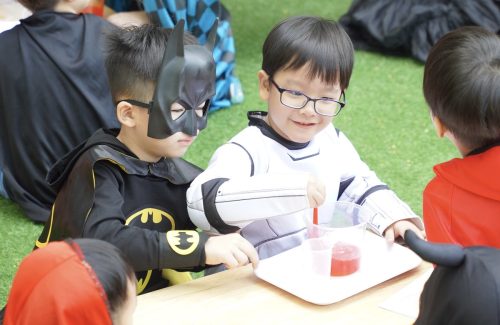Ways to teach effective sex education and physical safety to preschoolers
Sex education is a journey that starts from the moment the child is aware of their different body parts. The journey is not always easy. Discussion about the topic may be difficult, thus seeking and learning from a wide variety of sources to teach the child is essential. Below are some suggestions regarding sex education to help parents protect their children from abuse.
1. Tips for effective sex education for preschool children
- Encourage your child to talk about their feelings from an early age, then it will be easier for them to share with adults when they feel safe or unsafe.
- Tell your children that the human body is very intelligent, and it will let them know if something is unusual and “unsafe”, such as a faster heartbeat or a stomachache.
- Help your children choose and list 3-5 adults they trust most, with whom they can share any concerns.
- Practice saying “No!” in unsafe situations, such as when someone looks, touches or talks about their body or private body parts in ways that make them uncomfortable.
- Teach your children to respect others’ physical boundaries. If someone says “No,” they have to respect and accept their boundaries.
- Encourage your children to speak up to protect others. They should say “Stop” if they see a friend being touched in unusual ways and share the story with a trusted adult.
2. Effective sex education methods and tools for children
At Vinschool Kindergarten, children are equipped with self-protection knowledge and skills through a variety of activities. In particular, during Social-Emotional Learning (SEL) periods, they can learn about:
- Gender and private body parts
Private body parts (including mouth, chest, area between two thighs, and buttocks) are taught through sex education videos and activities for preschool children, in which the children are taught to respect the boundaries of their own and others’ bodies.
- Identify “Good touch” and “Bad touch”
Parents can share children’s stories like “It’s My Body” by Lory Freeman, so that they can apply these insights to their daily life.
- The three-step rule of “No-Go-Tell”
This rule means if your child or their friend is in a situation where they feel uncomfortable, they should say “No” out loud, “Run” to a safe place, and “Tell” it to you, their teacher, or another trusted adult.
In addition, you can refer to the 5-finger rules through the song “5 pretty fingers” on VTV7 (Vietnam’s TV channel for education) and the “6-petal rule to avoid abuse” when providing sex education for your pre-school child. This helps your children protect themselves and avoid abuse. These are extremely essential lessons which need to be taught to your children throughout their childhood development.
References: Motherly.








